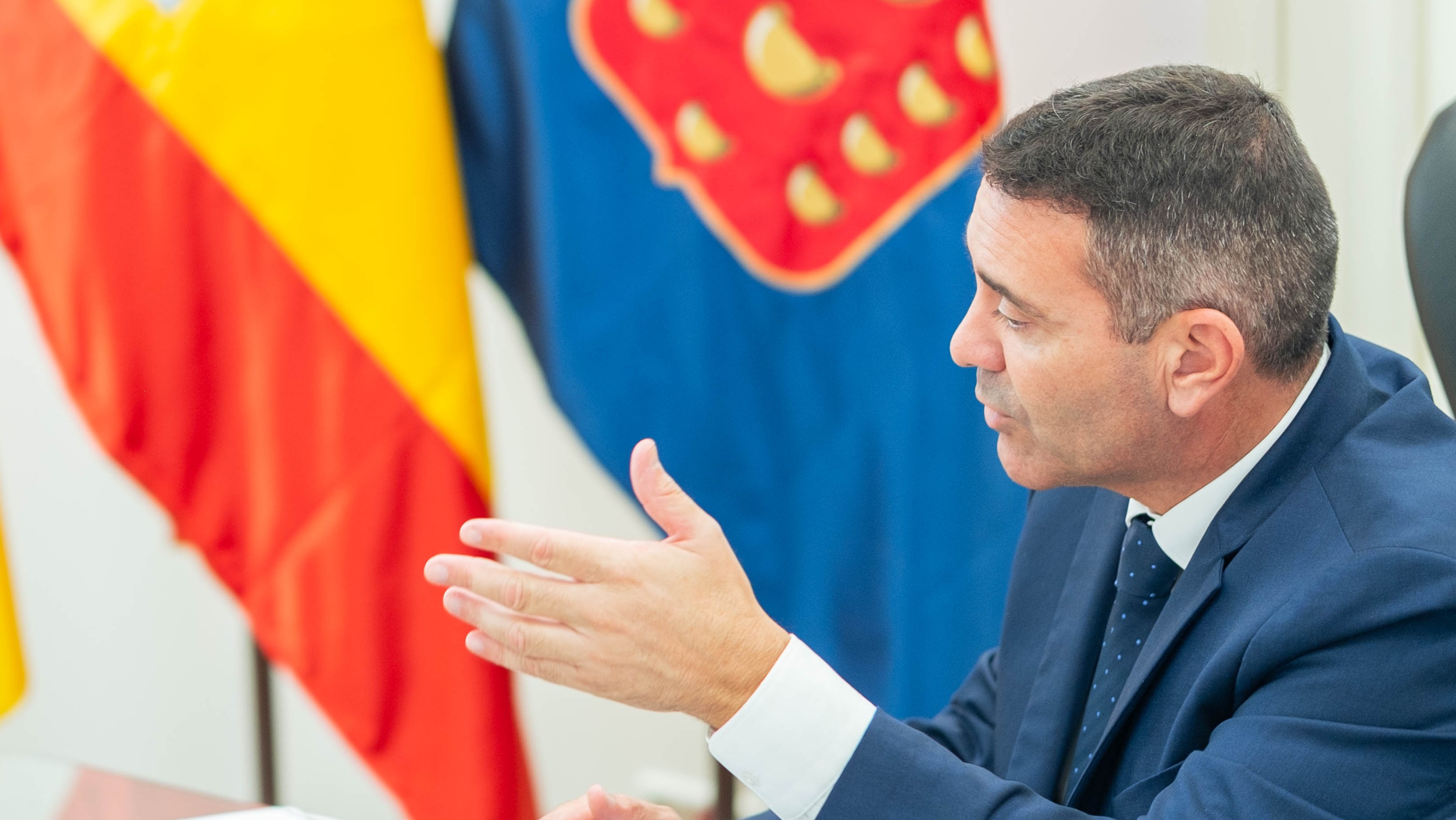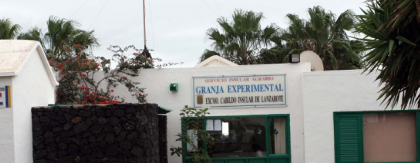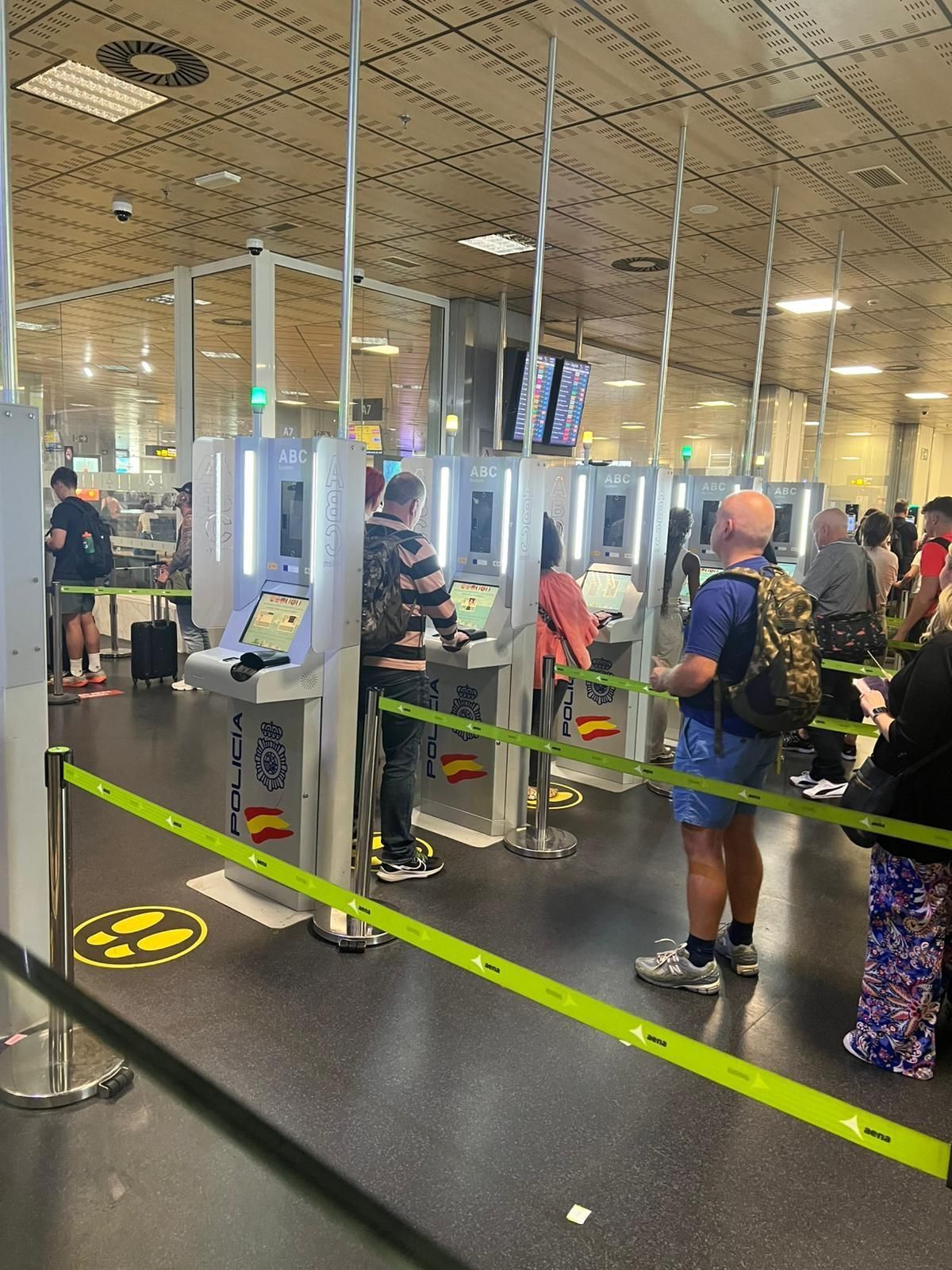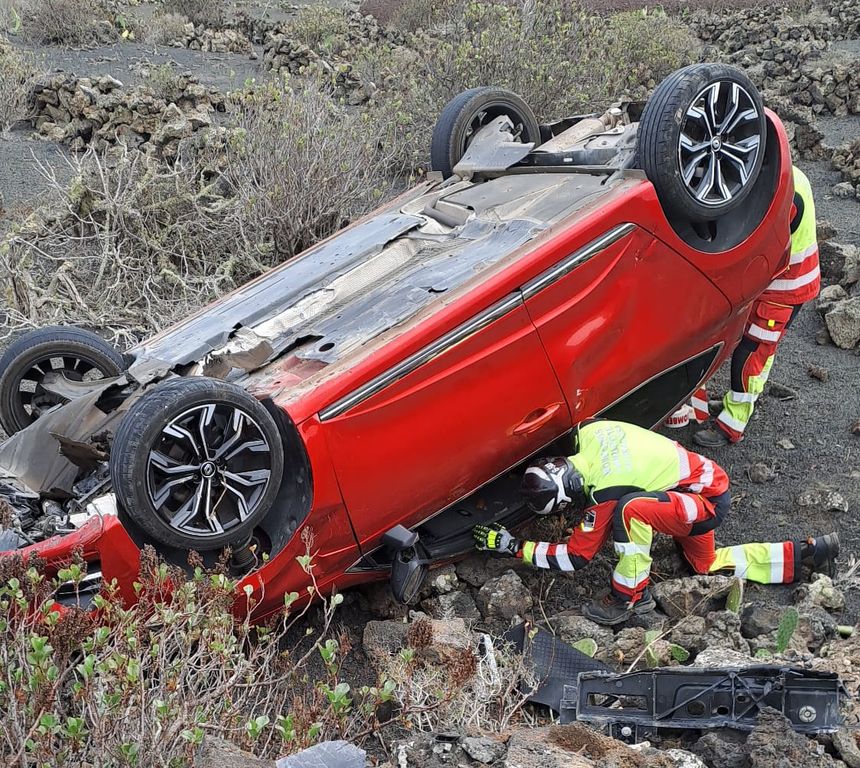The Chamber Holds Key Figures Accountable for Pandemic Procurement Failures

The Chamber has deemed it “logical” that key figures are held accountable for procurement failures, expressing skepticism over the notion that Ana María Pérez made all purchasing decisions alone.
SANTA CRUZ DE TENERIFE, 22 Sept. (EUROPA PRESS) –
The investigative committee of the Canary Islands Parliament has politically held former regional president Ángel Víctor Torres, alongside former health ministers Julio Pérez and Blas Trujillo, responsible for contracts made during the COVID-19 pandemic, totalling nearly 100 million euros.
The preliminary report from the committee, highlighted by ‘El Día’, states: “If these government members have praised the outcomes resulting from decisions made by the committee on numerous occasions, even attributing positive pandemic results to its functioning, it is logical that they also bear equal responsibility for what did not work.”
The committee members cite a report by constitutional law professor Joaquín García Morillo, which asserts: “If a subordinate commits a crime, their superior cannot be held criminally responsible but can be politically accountable.”
It goes on to clarify that “the basic principle of the parliamentary regime is that political responsibility lies with government members.”
GOVERNMENT ACCOUNTABILITY
The committee also refers to statements made by former health minister Teresa Cruz Oval, who explicitly defined the responsibility of governmental positions during a session.
She stated, “What is clear to me is that if I were in that position, if Ana María falls, I fall; if Conrado falls, I fall.”
The committee believes both Torres and Trujillo are responsible for appointing Conrado Domínguez to lead the Health Service of the Canary Islands (SCS), granting him “full powers in contracting,” and notes that his dismissal does not absolve them of political responsibility.
As for Julio Pérez, who served as interim health minister after Cruz Oval’s removal, he has faced criticism for allowing Domínguez to operate from SCS offices before his official appointment, while he was still serving as the technical general secretary of the Department of Public Works.
Regarding the alleged responsibility of former Economic Resources Director Ana María Pérez, the report indicates it “is not credible that all contracting decisions, amounting to nearly 100 million euros, were solely the responsibility of the general director, without the approval, oversight, or, at the very least, knowledge of her superiors.”
The committee members also emphasize the existence of duplicate committees, which “has never been entirely clear,” and while they acknowledge the “chaotic” context of international procurement, characterised by theft of materials and price hikes, they assert: “Neither market conditions nor the legal provisions for emergency procurement can exempt those responsible within the administration of the Canary Islands from their obligation to safeguard the public interest and the proper use of public resources.”
PRICE DISCREPANCIES IN PROCUREMENT
The committee further questions the price discrepancies in various purchases of medical materials—over seven euros depending on the supplier—focusing particularly on the contract with RR7 United, a company operating in the automotive subsector, which was paid four million euros in two instalments of two million each for a million masks that were never received.
“There was reckless management without adequate administrative safeguards, leading to clear economic consequences for the Canary Islands’ treasury, as well as public health implications from failing to ultimately procure the medical supplies, having disbursed all the funds,” the report states.
It also underscores that “even if urgency is invoked as a mitigating factor for any neglect in the minimum controls required in a more normal environment, the lack of basic verification mechanisms, the authorisation of improper payments, and the selection of an unviable supplier indicate a concerning dereliction of duty by Ana María Pérez and a lack of vigilant oversight from her direct superiors that allowed this to happen.”
Looking ahead, the committee proposes to amend Article 120 of the public contracts law to strengthen legal controls even in emergency situations, create crisis units, establish a preventive register of companies, and develop a platform for monitoring contracts in real time.














